The recent NASCAR Food City 500 at Bristol Motor Speedway delivered one of the most entertaining races in recent memory, especially on St. Patrick’s Day.
The race saw rapidly wearing tires, turning it into a strategic battle of tire management. This led to a NASCAR short track record of 54 lead changes, with only five cars finishing on the lead lap, and Denny Hamlin emerging as the winner.
Among the race’s enthusiastic fans was Dale Earnhardt Jr., the NASCAR analyst known for his love of the sport. Earnhardt praised the race and Goodyear for unintentionally providing tires that wore out quickly.
However, Goodyear’s perspective differed from Earnhardt’s. Greg Stucker, representing Goodyear, acknowledged that the tire wear was “too drastic” compared to what NASCAR and teams had requested for Bristol.
With resin instead of PJ1 coating the bottom groove in the turns and rubber not adhering to the track, Stucker stated that Goodyear would need to investigate why this occurred. To address the issue during the race, NASCAR and Goodyear provided teams with an extra set of tires.
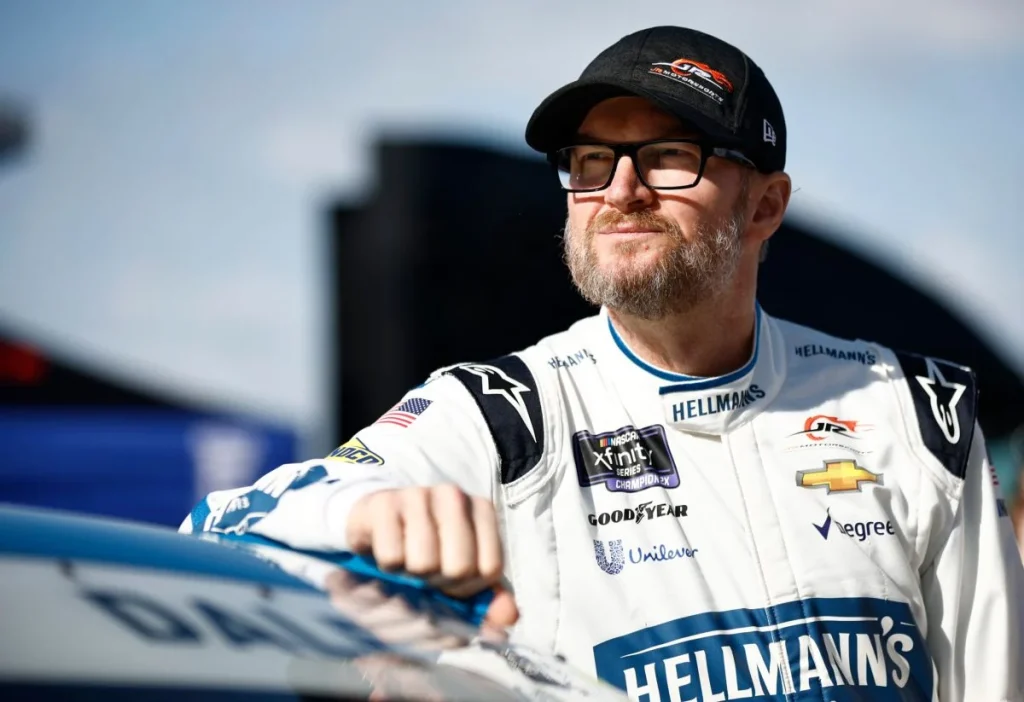
While Stucker aimed to ensure Goodyear’s reputation wasn’t tarnished, many viewers felt that the quickly wearing tires actually enhanced the quality of the race.
Related Articles:
- Jeff Gordon Reveals Hendrick Motorsports Unprofitable for 10 Years
- Goodyear Faces Challenges, Fans Enjoy Thrilling Bristol Race
- Stephen Curry and D’Angelo Russell Exchange Words in Lakers vs. Warriors Showdown
Despite Goodyear’s original intention not to have tires wear out so fast, the race saw a record number of lead changes for a short track event, which was particularly remarkable considering the challenges posed by the Next Gen car on short tracks.
The tires emphasized the importance of tire conservation and management, skills often honed on local short tracks but not always utilized in modern NASCAR racing.








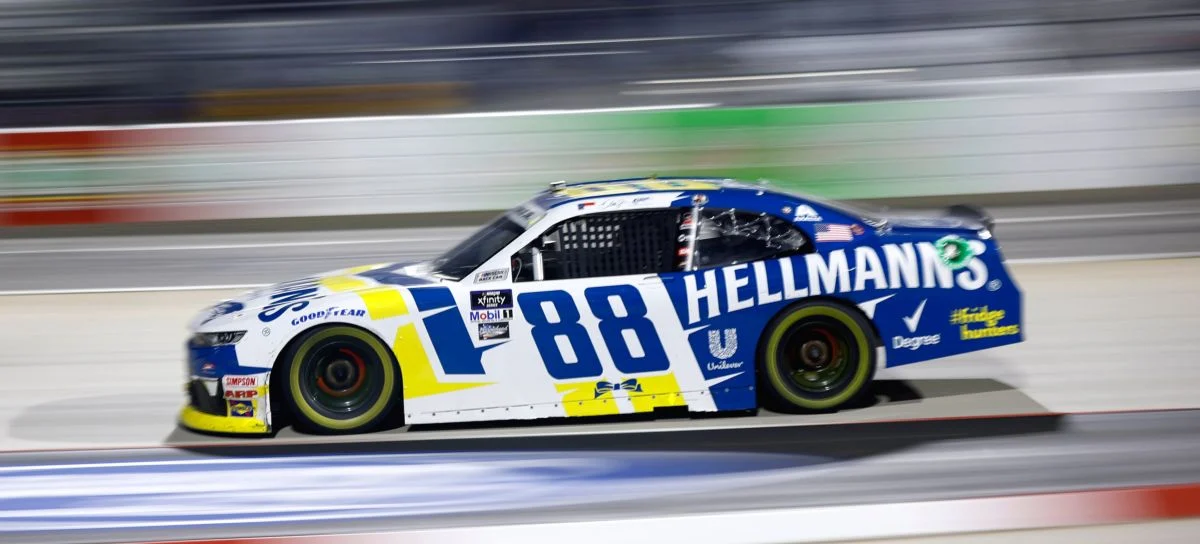

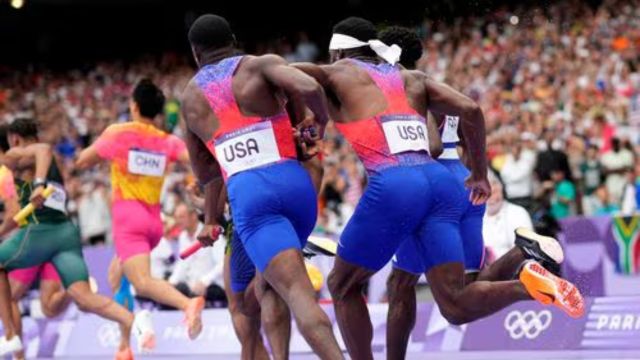
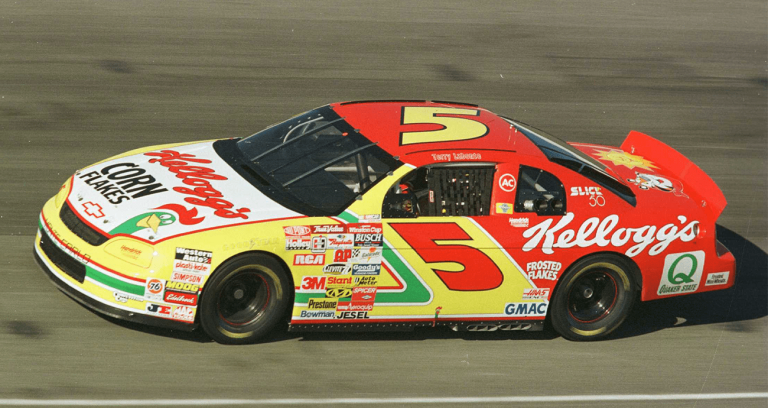


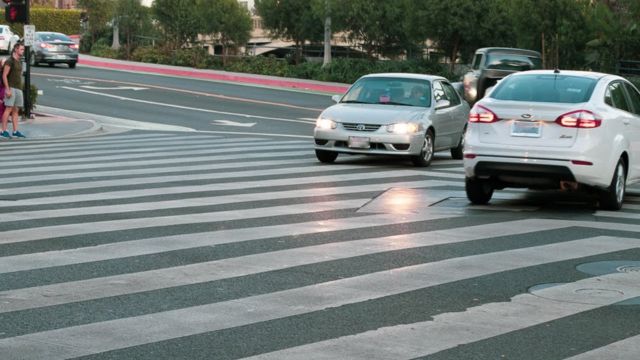
+ There are no comments
Add yours